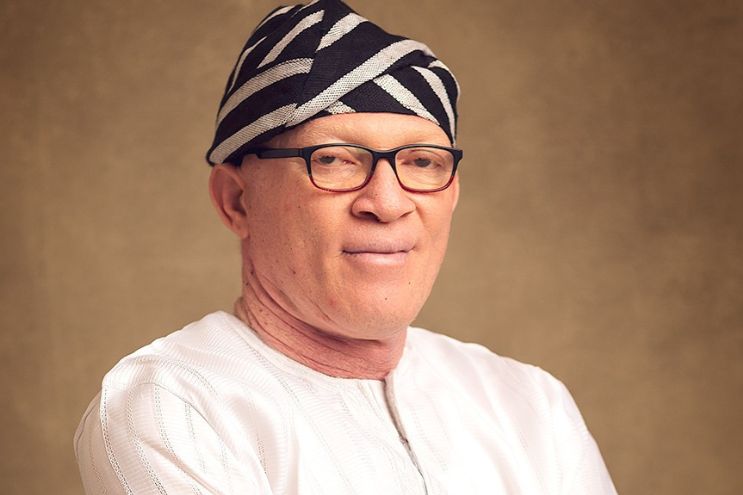Tolani Ojuri wants to facilitate affordable skin checks to save Persons with Albinism from skin cancer
Detecting skin cancer early is important because it can stay hidden for 5-20 year in Persons with Albinism.
After discovering that skin checks could mean the difference between life and death for Persons with Albinism (PWA), Tolani Ojuri wants to make them compulsory and affordable. According to a study, skin cancer claims lives of most PWA in their 30s and 40s. This highlights the …




